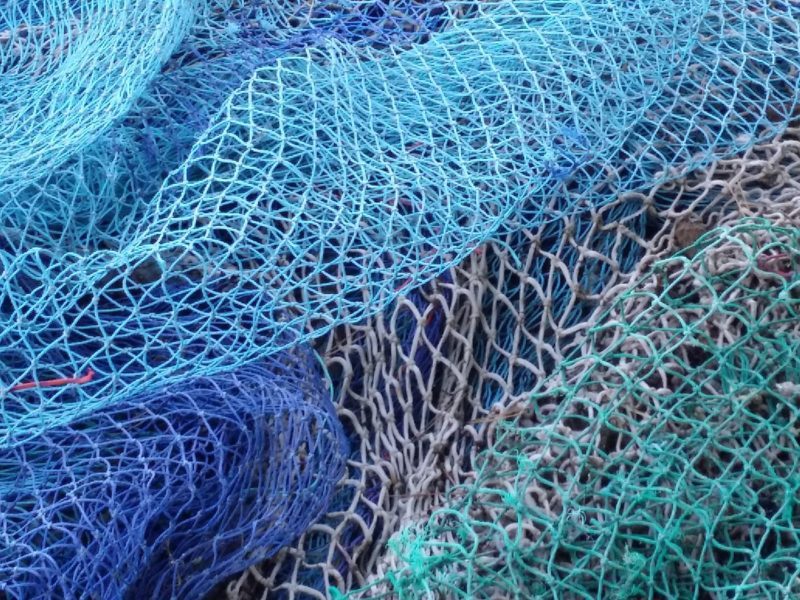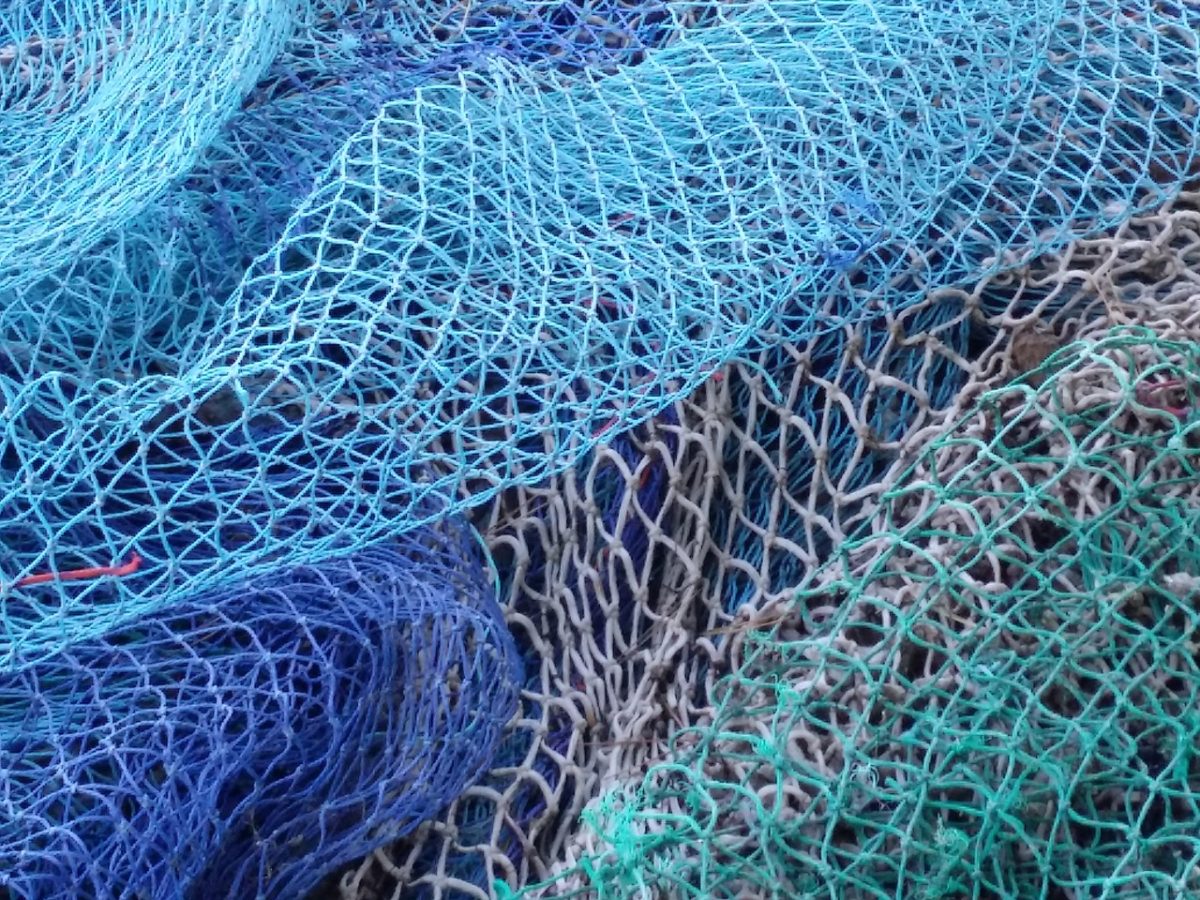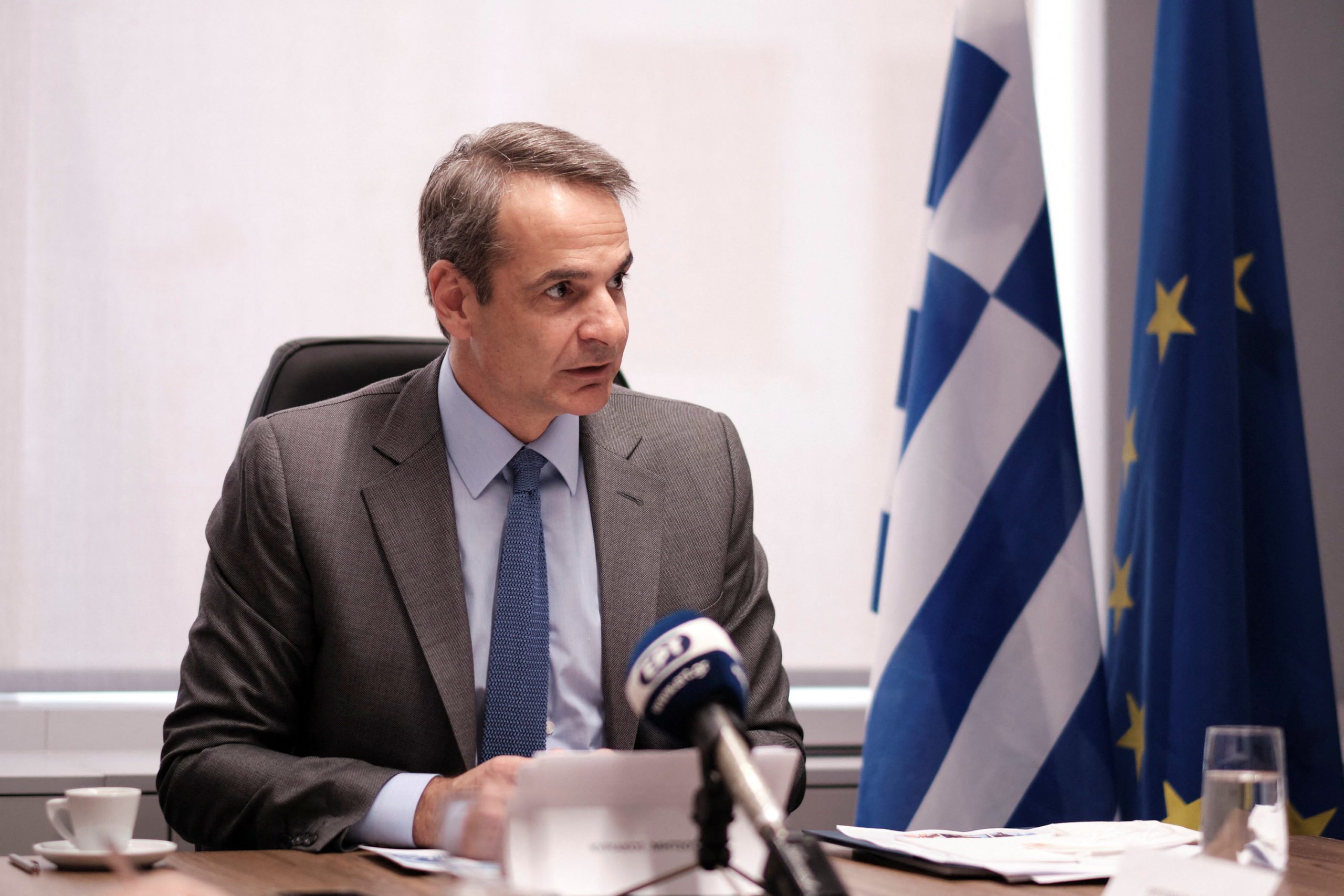
 By Kieran Guilbert and Umberto Bacchi JOAL-FADIOUTH, Senegal/ROME, May 8 (Thomson Reuters Foundation) – Jostling for space and swatting the smoke away from her eyes, Mariama Ngom sighs as she and her teenage daughter fling fish onto a large grill in a chaotic fishing port in Senegal.
By Kieran Guilbert and Umberto Bacchi JOAL-FADIOUTH, Senegal/ROME, May 8 (Thomson Reuters Foundation) – Jostling for space and swatting the smoke away from her eyes, Mariama Ngom sighs as she and her teenage daughter fling fish onto a large grill in a chaotic fishing port in Senegal.
Like thousands of other women in Joal Fadiouth, she works full-time salting and smoking small pelagic fish like mackerel, anchovies and sardines, to be sold across West Africa.
When she moved to the town, south of the capital Dakar, in 2010, Ngom could earn up to 10,000 CFA francs ($16) a day. Now she is lucky to make 3,000 CFA ($5), as catches have plummeted.
“I struggle to feed my six children a lot of the time – I take some of the fish I smoke home … we often have nothing else to eat,” Ngom told the Thomson Reuters Foundation.
Once among the richest in the world, West Africa’s fish stocks are being depleted by industrial trawlers which comb the oceans to feed European and Asian markets, experts say.
See Also: Seven Chinese Vessels Detained Off West Africa for Illegal Fishing
In Senegal, dwindling stocks pose a threat to livelihoods and food security. Some 600,000 people, almost 20 percent of the workforce, work in fishing, and fish accounts for 75 percent of the country’s animal protein intake, World Bank data shows.
Many mothers like Ngom have taken their children out of school in recent years, and even brought them to work, as they can no longer afford to pay their fees, said Marianne Teneng Ndaye, head of Joal’s trade federation of women fish-processors.
“The actions of foreign aquaculture factories and trawlers have drained us,” she said, adding that the women had protested and tried to meet with the factory owners, without success.
More than 400 foreign fishing vessels, mainly from China, Europe and Russia, navigate in West African waters, according to environmentalist group Greenpeace.
They include a couple of dozen megatrawlers that target small pelagic fish to make feed for salmon, chicken, pigs and other animals grown at aquaculture and livestock farms around the world, according to Dyhia Belhabib, a fisheries expert.
“In terms of numbers, the amount of boats is tiny but their impact is huge,” said Belhabib, an advisor for the University of British Columbia’s Sea Around Us research project.
Each megatrawler can capture up to 20,000 tonnes of fish a year – equal to the annual catch of more than 1,700 traditional Senegalese pirogues – she said.
FISH AND FEED
Around a quarter of all fish caught in the world’s oceans each year are used to make fishmeal and fish oil, rather than as food for people, according to a recent study published in the journal Fish and Fisheries.
Part of it is used to feed a booming global aquaculture industry, which in 2014 harvested 74 million tonnes of fish worth an estimated $160 billion, said the U.N. Food and Agriculture Organization (FAO).
In Senegal alone, aquaculture production grew 71 percent to 2,082 tonnes last year, from 1,215 tonnes in 2015, government figures showed.
“Fish are being used to feed animals, yet we need fish to survive,” said Abdou Karim Sall, the head of a fishermen’s association in Joal, representing about 3,000 boats.
Following pressure from local fishermen, in recent years Senegal has stopped licensing fishing of small pelagic fish to foreign industrial trawlers, but vessels continue to operate from neighboring countries, like Mauritania, Belhabib said.
And trawlers of Asian, European and Western African origin often carry out illegal incursions into waters reserved for locals, or flaunt fishing regulations, experts say.
Illegal, unreported, and unregulated (IUU) fishing costs West African economies $2.3 billion a year, according to a recent study published in Frontiers in Marine Science journal.
To compete with foreign trawlers, Senegalese fishermen have started building more and bigger boats to venture further into the ocean but catches continue to drop, said Sall.
In 2016, fish catches in Joal dropped by 40 percent to 90,000 tonnes from 150,000 tonnes the previous year, and the tally is set to decrease even further this year, he said.
“We’ve increased the size of boats and nets but we catch less fish,” Sall said, adding that fish prices at local markets had consequently gone up.
ONE STOCK, MORE NATIONS
A growing number of young Senegalese are turning to fishing due to a lack of work in fields like agriculture, worsening the overexploitation, said Joseph Catanzano, an economist at FAO’s fisheries and aquaculture department.
“All along Senegal’s coast, you see new vessels in preparation,” said Catanzano, adding new boats were rarely registered due to lack of oversight by local authorities.
Some pirogues looking for fish in northern Senegal had waded into Mauritanian waters in recent months causing tensions between fishermen and the local coastguard, he said.
Catanzano said a common strategy by Morocco, Mauritania, Senegal and other coastal countries is needed to manage fish stocks, but competing national interests had so far prevailed.
In addition, an accurate assessment of how much fish can be sustainability netted has to be carried before more vessels are allowed to navigate West African waters, said Belhabib.
The use of satellite tracking systems and on board cameras monitoring trawlers’ movements and catch could be stepped up to crack down on illegal fishing but costs were often too high for local governments, she added.
Earlier this week, eight Chinese ships were detained for fishing illegally in Guinea, Sierra Leone and Guinea-Bissau.
The arrests came after a two-month regional patrol on a Greenpeace ship that carried inspectors from the West African countries in a bid to supplement national efforts.
Yet such patrols alone are unlikely to make an immediate difference for thousands of fishermen working in Joal Fadiouth, like 23-year-old Mamadou Diallo.
“Life is very difficult for everyone working here,” Diallo said, as he waded into the sea at Joal’s beach, teeming with hundreds of fishermen, readying to carry ashore fish unloaded from a pirogue and piled into a box.
“But we are fishermen, this is our life. If we wanted to leave, or had to leave, where would we go?,” he said. (Reporting by Umberto Bacchi @UmbertoBacchi and Kieran Guilbert, Writing by Umberto Bacchi, Editing by Ros Russell.; Please credit the Thomson Reuters Foundation, the charitable arm of Thomson Reuters, that covers humanitarian news, women’s rights, trafficking, property rights, climate change and resilience. Visit http://news.trust.org)
(c) Copyright Thomson Reuters 2017.

 Join The Club
Join The Club











